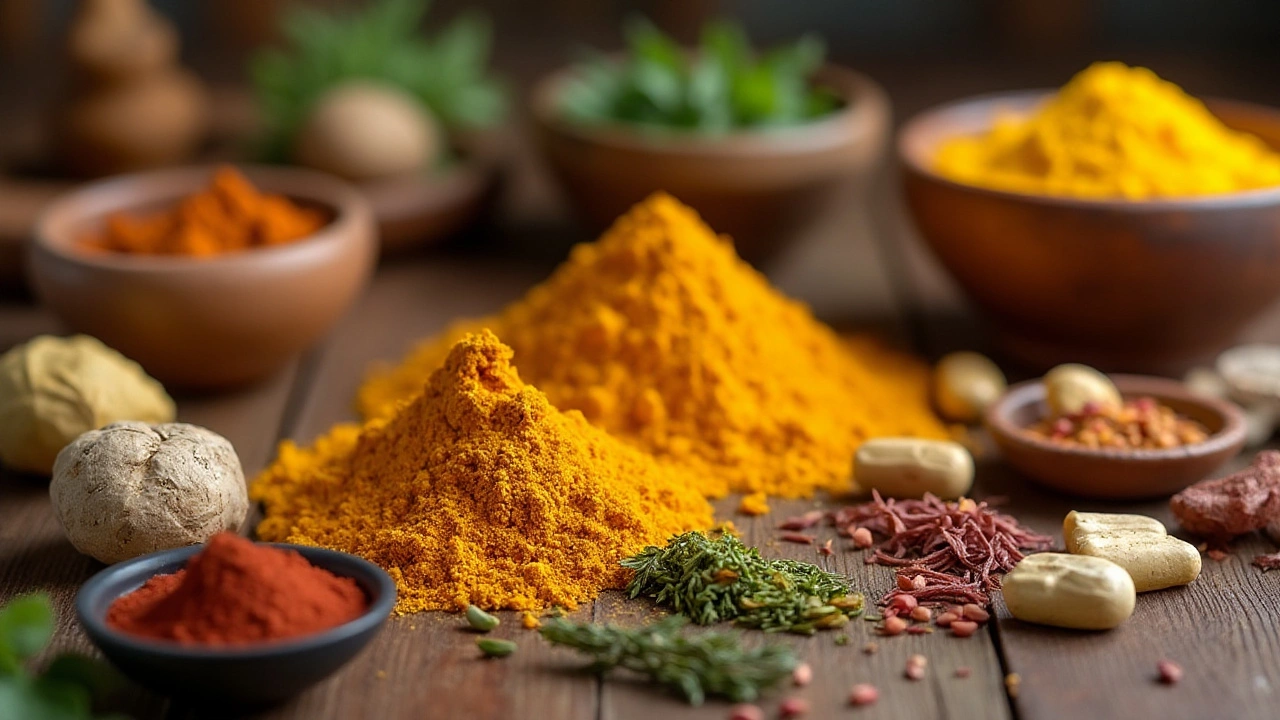Toxic Herbs: What to Watch Out For and How to Stay Safe
If you enjoy cooking, gardening, or trying natural remedies, you’ve probably heard that not every herb is a friend. Some plants that look harmless can actually cause stomach upset, liver damage, or even more serious problems. Knowing the red flags can keep you and your family out of trouble.
Common Herbs That Can Turn Poisonous
Here are a few everyday herbs that have a dark side when misused:
- Comfrey – Often used in skin salves, but its roots contain pyrrolizidine alkaloids that can hurt the liver if taken internally.
- Belladonna (Deadly Nightshade) – A classic poison. Even a small leaf can cause dilated pupils, rapid heartbeat, and confusion.
- Ephedra – Once popular for weight loss, it can raise blood pressure and lead to heart rhythm issues.
- Calamus (Sweet Flag) – Contains β‑asarone, which has been linked to cancer in animal studies. Use only under professional guidance.
- Aconite (Monkshood) – Highly toxic; just a pinch can cause severe numbness, vomiting, and cardiac arrest.
These herbs might appear in herbal teas, DIY skin products, or even in traditional recipes. If you’re unsure, treat them like any medication – double‑check the source and dosage.
Spotting Toxic Symptoms Early
When a toxic herb slips into your system, the body often sends clear signals. Look out for:
- Sudden stomach cramps or nausea
- Unexplained headaches or dizziness
- Yellowing of the skin or eyes (a sign of liver trouble)
- Rapid heartbeat or irregular pulse
- Difficulty breathing or tight chest
If any of these appear after you’ve eaten or used a new herb, stop immediately and call a medical professional. Mention the herb by name – that helps doctors act faster.
For parents, remember that kids are especially vulnerable. Keep all herbs, even “safe” ones like peppermint or ginger, out of reach. A child’s small size means a dose that’s harmless for adults can be dangerous for them.
Our site has a few related reads you might find useful: the Best Herbs for Liver Repair article explains which plants actually support liver health, while Herbal Supplements: Is Taking Too Many Bad for You? breaks down how over‑doing it can backfire. If you’re looking to buy herbs, check out the Best Herbal Companies guide for brands that test for purity and contaminants.
In everyday life, a few simple habits lower risk:
- Verify the source. Buy from reputable shops that label botanical names and batch numbers.
- Start small. If you’re trying a new herb, use half the suggested amount for the first few days.
- Read the fine print. Some “herbal blends” hide toxic ingredients under catchy names.
- Ask a professional. A pharmacist, Ayurvedic practitioner, or qualified herbalist can clarify safety.
When you follow these steps, you enjoy the benefits of nature without the hidden dangers. Herbs can boost digestion, calm nerves, and support immunity, but only when you respect their power.
Got a specific herb you’re curious about? Drop a comment or search our archive – chances are we’ve covered its safety profile already. Stay curious, stay safe, and let nature work for you, not against you.






